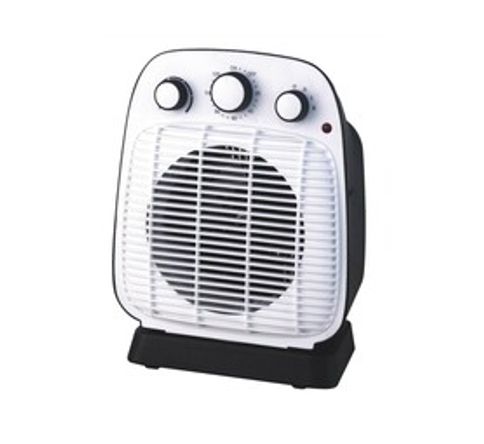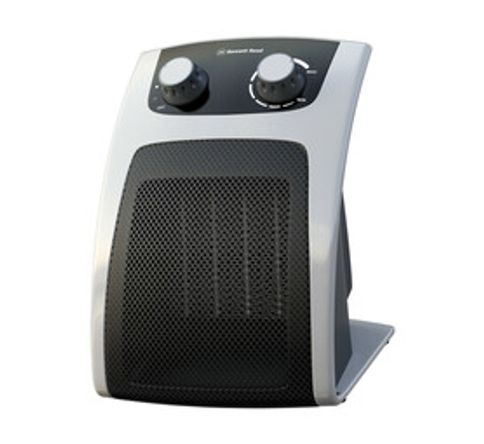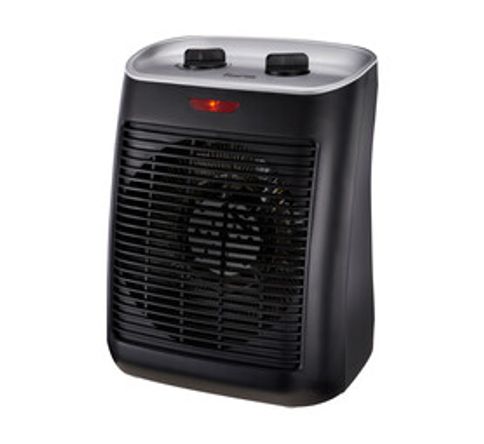
What is Fan Heater?
A fan heater also called a blow heater, is a heater that works by using a fan to pass air over a heat source. This heats up the air, which then leaves the heater, warming up the surrounding room.
They can heat an enclosed space such as a room faster than a heater without a fan, but like any fan, creates audible noise.
Fan Heater Prices In South Africa

Goldair Fan Heater
R 37900

Bennett Read Compact 2-in-1 Fan Heater
R 499

Russell Hobbs Eco Fan Heater
R 469
Does the fan heater use a lot of electricity?
Electric fan heaters are very power intensive, consuming a lot of electricity even in a short space of heating time. Electricity prices are also on the rise, so you’ll want to limit your usage of your electric fan heater only when it’s really necessary.
Is a fan heater good for babies?
However, keep the following in mind, especially with a baby in the house: Heaters and blowers tend to dry the moisture in the air. This can, in turn, dry your baby’s skin and nasal passages. In extreme cases, dry air can lead to itchy skin and nose bleeds.
Does a fan heater warm up a room?
Effectively Warms the Air
A heater with a fan warms an entire room, making it the most versatile heating choice. Chances are you’ll be moving around the room and will want the entire space warm.
How efficient is a fan heater?
Normally fan heaters will use around 1 or 2 kWh of energy, which means that for an hour of running they will probably cost between 15p to 30p.
Are fan heaters unhealthy?
Fan heaters and infrared heaters reduce the oxygen levels and humidity in the room which can cause dry eyes and nasal blockage over the long term. It is advisable to keep a bucket of water in the corner of the room or use a humidifier to prevent significant dehydration.
How long can electric heaters be left on?
If you have an upscale heater, you can easily leave it on for 10 hours or more without an issue. What is this? Most fire safety specialists suggest heating up a room for two to three hours before you sleep, then turning it off.